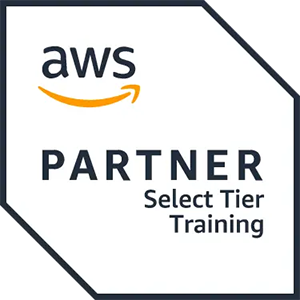This course will provide you with a broad introduction to the finance and operations capabilities of Dynamics 365. You will become familiar with the concept of enterprise resource management (ERP), and learn about the core capabilities of the finance and operations app. Then we will discuss each of the apps individually, including Dynamics 365 Supply Chain Management, Dynamics 365 Finance, Dynamics 365 Commerce, Dynamics 365 Human Resources, and the ERP capabilities of Dynamics 365 Project Operations. This course will include lecture and hands-on-labs.
Associated Certification:
- Microsoft Certified: Dynamics 365 Fundamentals (ERP)

 United Kingdom
United Kingdom Germany
Germany Denmark
Denmark Sweden
Sweden Italy
Italy Netherlands
Netherlands Norway
Norway 

















 Kesto
Kesto  Toimitus
Toimitus  Hinta
Hinta